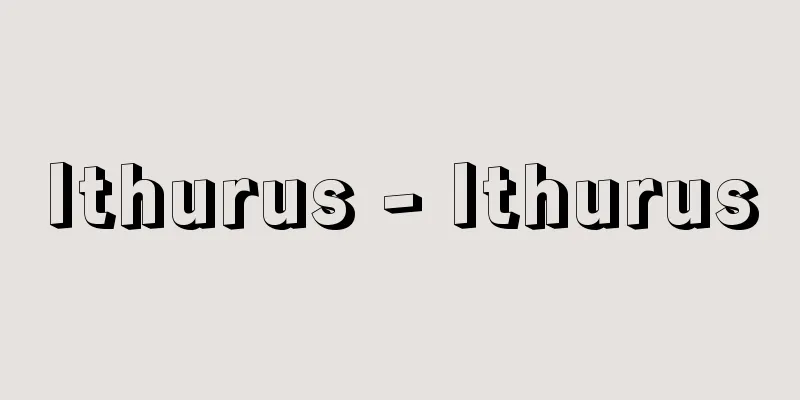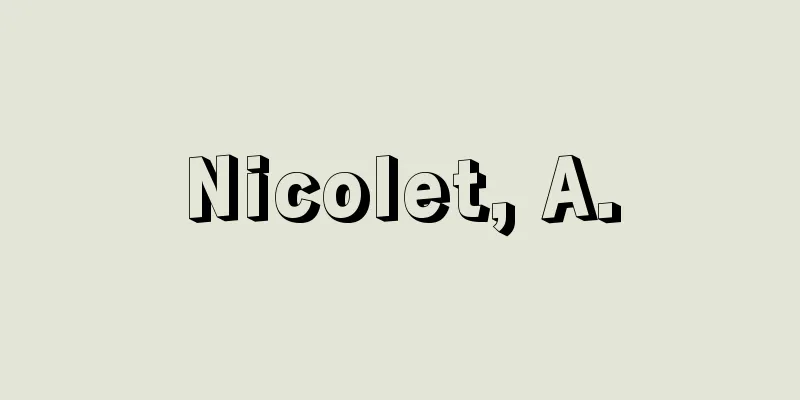Münchner Beobachter (English spelling)

|
...means "observer of the nation." Its predecessor was the Münchner Beobachter, which was founded in Munich in 1887. It changed its title to the above in 1918, and in 1920 Hitler bought it and made it the Nazis' organ newspaper. It was initially published twice a week, but in February 1923 it became a daily publication. However, in November of that year, after the Nazis failed in the Munich Putsch, it was banned along with the party. *Some of the terminology that refers to "Münchner Beobachter" is listed below. Source | Heibonsha World Encyclopedia 2nd Edition | Information |
|
…〈民族の観察者〉の意味。前身は1887年ミュンヘンで創刊された《ミュンヒナー・ベオバハターMünchner Beobachter》で,1918年に上記の題号に改題,20年にヒトラーが買収し,ナチスの機関紙とした。当初は週2回刊,23年2月から日刊となるが,その年の11月ナチスがミュンヘン一揆に失敗したため,党とともに活動を禁じられた。… ※「《Münchner Beobachter》」について言及している用語解説の一部を掲載しています。 出典|株式会社平凡社世界大百科事典 第2版について | 情報 |
<<: Münchhausen, HKFF (English spelling)MunchhausenHKFF
Recommend
Keisan - Kisan
...A traditional Korean geisha. Also written as k...
redirected behavior
The zigzag dance of sticklebacks is a good exampl...
de Haas‐van Alphen effect
The phenomenon in which the strength of magnetizat...
Provisional attachment order - karisashiosaemairei
...Provisional attachment is a system that preven...
Montelimar (English spelling)
Ancient name Acunum. A town in the Drôme departmen...
Rutaceae
…A fruit tree of the Rutaceae family. Along with ...
Rollo (Rollon)
The first Duke of Normandy (reigned 911-927). He ...
Wenzhou
A prefecture-level city in the southeastern part ...
Color-Field Painting
...Abstract Expressionism, which emerged in New Y...
Aman Michael Andom
Born: 1924/1925. Eritrea Died: November 22, 1974, ...
mastication reflex
…Furthermore, for mastication to be performed smo...
Karpisy Begram - Karpisy Begram
…It was the center of the ancient Kapisi state, w...
Lychnissenno chalcedonica (English spelling) Lychnissennochalcedonica
…[Eiji Miki] [Munemin Yanagi]. … *Some of the ter...
Marie-Jean-Antoine Nicolas de Caritat, Marquis de Condorcet
French mathematician, philosopher, and politician...
Betroujee (English spelling) Nūr al-dīn Abū Isāq al-Birūjī al-Ishbīlī
Date of birth and death unknown. Islamic astronom...









